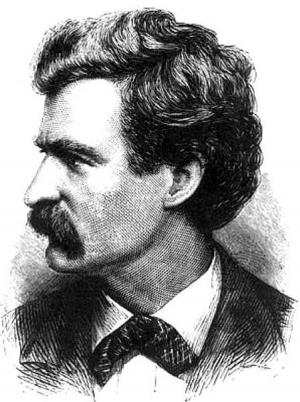| Author: | Elizabeth Garver Jordan | ISBN: | 9781465571380 |
| Publisher: | Library of Alexandria | Publication: | July 29, 2009 |
| Imprint: | Library of Alexandria | Language: | English |
| Author: | Elizabeth Garver Jordan |
| ISBN: | 9781465571380 |
| Publisher: | Library of Alexandria |
| Publication: | July 29, 2009 |
| Imprint: | Library of Alexandria |
| Language: | English |
In theoretical as well as applied psychology no term is more misleading, or confusing than the term consciousness. We use the term often in our conversation; we come across it in our study; but when we are asked to define it properly, to explain its significance, its meaning, or the idea for which that word stands, we are unable to do so. And that is because there are so many varied ideas concerning consciousness. There are so many aspects of consciousness, there are so many states of consciousness that we get mixed up—that is, we confuse one with the other. So we must know thoroughly the true significance of the term. Then we can make such distinctions as inner consciousness and outer consciousness. What is truly meant by consciousness, or what is the principle back of that term? There are many ideas which cannot be expressed properly for lack of words, or lack of terms. The word consciousness is really derived from the Latin root scio, to know, and con, together; so the word consciousness from the derivative meaning would signify: to know together. We use the term generally in the sense of being conscious of a fact. That is, consciousness means knowing an object, as it were; knowing something. But the word consciousness really indicates two things—subject and object. It implies the duality of existence. There is one who is the knower, the subject, the ego, the perceiver. I know it; I am conscious of it; I perceive it; I think about it. Therefore there is always the subject, the ego—I—as the background of any form of consciousness. Then there must be something to be conscious of, something which we perceive, something which we know, something which we understand, and that something is the object. So, “knowing together” means we know the subject and object together—that is, they both exist; one cannot exist without the other. So wherever there is a subject, there is also an object. That means that wherever there is a thinker, there must be something to think about; otherwise there is no meaning back of the term “thinker”. Whenever we use the term “perceiver”, we must know that there is something to be perceived. The same is true of consciousness. Whenever we use the term “consciousness”, we must know it includes both—the one who is conscious of something, and something of which that one is conscious. Therefore the word “consciousness” implies duality. There is another meaning back of “consciousness” which we often fail to understand, or about which we do not stop to think deeply. That is why we miss it. Consciousness not only implies the idea of becoming conscious of a thing, or the state of being conscious of something, but there is also the idea of identification back of it
In theoretical as well as applied psychology no term is more misleading, or confusing than the term consciousness. We use the term often in our conversation; we come across it in our study; but when we are asked to define it properly, to explain its significance, its meaning, or the idea for which that word stands, we are unable to do so. And that is because there are so many varied ideas concerning consciousness. There are so many aspects of consciousness, there are so many states of consciousness that we get mixed up—that is, we confuse one with the other. So we must know thoroughly the true significance of the term. Then we can make such distinctions as inner consciousness and outer consciousness. What is truly meant by consciousness, or what is the principle back of that term? There are many ideas which cannot be expressed properly for lack of words, or lack of terms. The word consciousness is really derived from the Latin root scio, to know, and con, together; so the word consciousness from the derivative meaning would signify: to know together. We use the term generally in the sense of being conscious of a fact. That is, consciousness means knowing an object, as it were; knowing something. But the word consciousness really indicates two things—subject and object. It implies the duality of existence. There is one who is the knower, the subject, the ego, the perceiver. I know it; I am conscious of it; I perceive it; I think about it. Therefore there is always the subject, the ego—I—as the background of any form of consciousness. Then there must be something to be conscious of, something which we perceive, something which we know, something which we understand, and that something is the object. So, “knowing together” means we know the subject and object together—that is, they both exist; one cannot exist without the other. So wherever there is a subject, there is also an object. That means that wherever there is a thinker, there must be something to think about; otherwise there is no meaning back of the term “thinker”. Whenever we use the term “perceiver”, we must know that there is something to be perceived. The same is true of consciousness. Whenever we use the term “consciousness”, we must know it includes both—the one who is conscious of something, and something of which that one is conscious. Therefore the word “consciousness” implies duality. There is another meaning back of “consciousness” which we often fail to understand, or about which we do not stop to think deeply. That is why we miss it. Consciousness not only implies the idea of becoming conscious of a thing, or the state of being conscious of something, but there is also the idea of identification back of it















